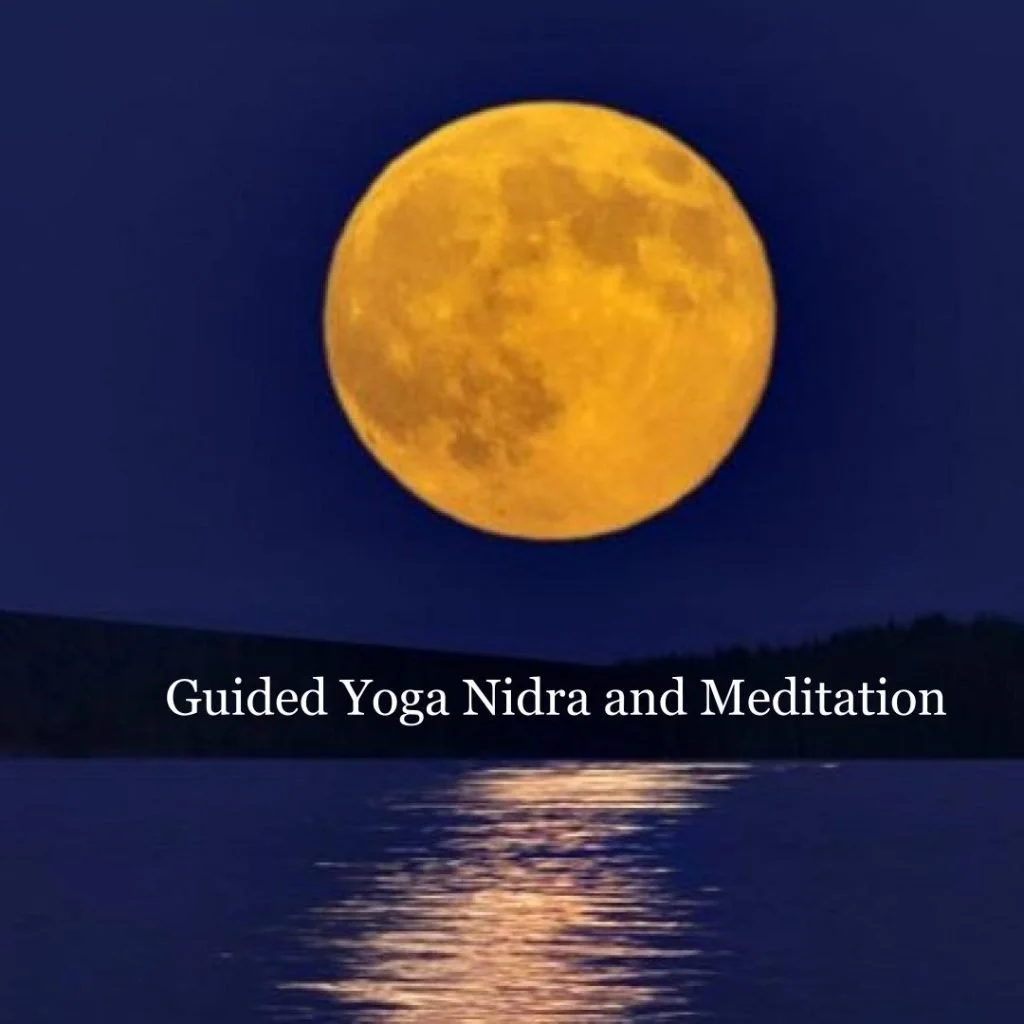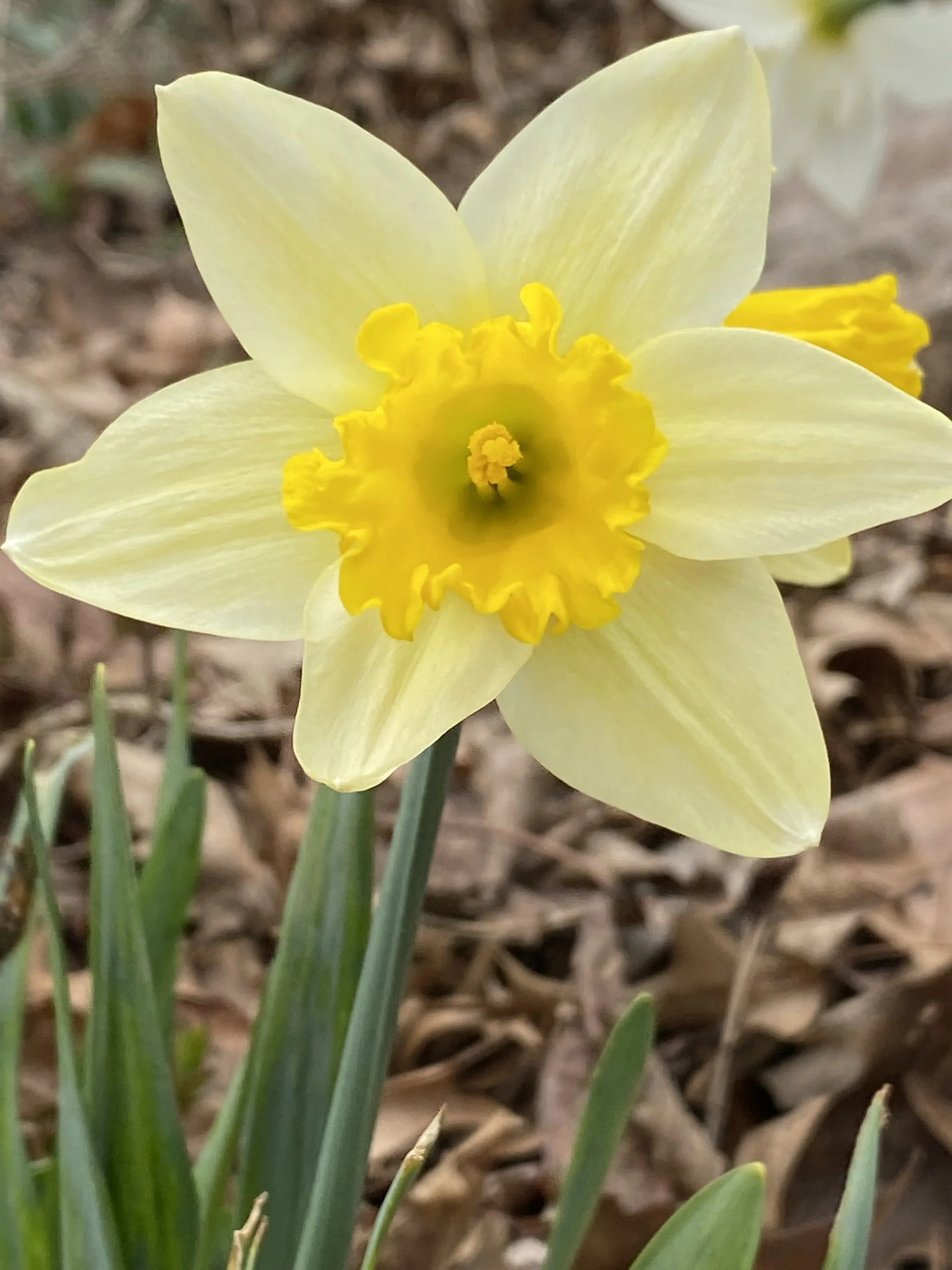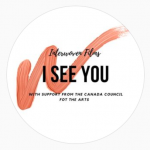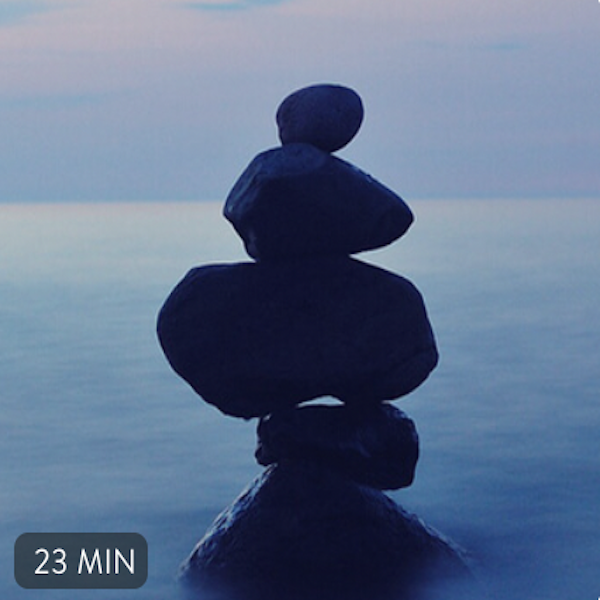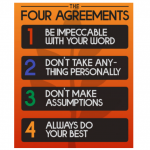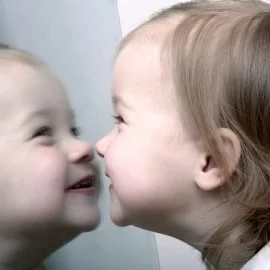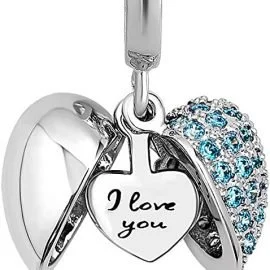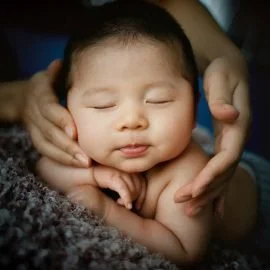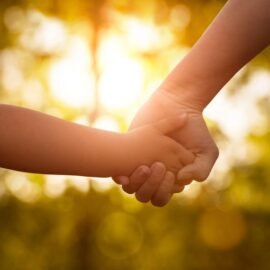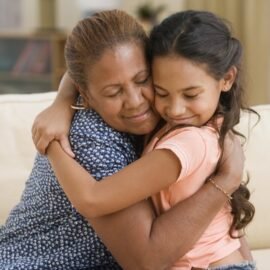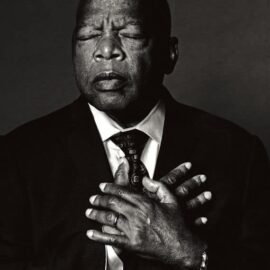5 Minutes of Cyclic Sighing Outperforms Meditation
Cyclic Physiological Sighing is two nasal inhales to lungs full, followed by a full exhale to lungs empty, via the mouth, pursing your lips as though you are breathing out through a thin straw.
This research found that cyclic sighing was more effective than meditation or other forms of breathing for reducing stress, improving sleep and heart rate variability and mood.
3 Foundations of Healing
There are so many experts and they each have their own program and advice. How do I know which is the right method for me?
I’m getting older. How long is this going to take?
Stirring up the past hurts! Is it worth it?
The answers are as varied and complex as the problem.
One: Knowledge of How Trauma Works
Two: Regulating Our Nervous System
Three: Becoming Friends With Our Mind
Witness, Relax and Release
We relax and release back into our seat of consciousness, and witness the part of us who is complaining about life not being the way we want it to be. We practice letting go of smaller daily irritations to build the resilience and strength we need to handle tougher situations in life. How do we do that? This is where the objective witness comes in.
Stillness in the Mind
We’ve all been there. We try to meditate, but our mind gets in the way. We have a predictive brain with a negativity bias that remembers everything bad that ever happened to us. The worry, anxiety and catastrophic thinking that disturb our peace are essentially our nervous system “helpfully” trying to keep us safe.
Accepting and understanding the fear
My meditation skills and yoga philosophy help to heal the layers of fear in the mind, breath and body. Fear for my safety became a huge issue for me the year after the assault and it was not just fear of another assault.
Forgiveness of a violent offender
Don’t rush into forgiveness. It is natural to be angry at people who commit violent crimes. They have harmed you and temporarily stolen your health and peace of mind.
Calm and Steady At Work
Some days people in the office act like we are in Junior High or Middle School. You know, back when the pre-frontal cortex wasn’t fully developed and our decision making was highly influenced by peers, the threat of social shaming, and what could stimulate the most adrenaline in the moment. It happens in families too. We carry our old roles and status into our adult life.
I See You
In April 2022, I facilitated a 5 day retreat for women and gender queer artists about sexual health and their relationship with their bodies. Although I have facilitated many retreats, it was my first time in a documentary. The director Amy Trefry and I strategized about how we might support the participants feeling emotionally safe enough to share while being filmed about such a personal topic. It turned out that we didn’t need to worry.
Mindbody: an Integrated Whole
This part, that part. What parts am I afraid of or excited for? Myself at 3, 12, 18 and now. My body, health, and life circumstances. Thoughts about my body, health, and life circumstances. Feelings and sensations in my body when I think about it all. Whew! It’s complicated.
It’s Not Personal
How can I not take it personally when it’s directed at me? People are making assumptions and judging me, often without actually knowing me. There are real life consequences for being judged. The fat person judged as lazy misses out on a job. The charmer gets upgraded to first class. It happens all the time.
Sometimes we feel left out. We’re shy, or the conversation moves on, or we’re with someone charismatic and fascinating and everyone wants to listen to them.
An Undefended Heart
Kindness towards ourselves, and a willingness for reflection and letting in truth, help us make friends with our own mind. What makes being kind with ourselves difficult?
Perfectionism informs our ideas of how we should be. Pushing and shaming ourselves makes positive change harder. It is a relief to become aware of “shoulds” and release the pressure of impossible standards.
A Specific Kind of Love
It is a generic kind of love if we don’t know the person. It doesn’t feel as personal to us when they don’t really know who we are.
I wonder if our unconscious mind interprets disconnection from ourselves (which we now know is due to trauma) as a lack of interest. We turn away from deeply knowing ourselves. We’re not consistently on our own side. We abandon ourselves. It feels very much like a lack of love!
If I Was In Charge
What would you change if you were in charge of the world?
I would give everyone safe housing, food, and a well-regulated nervous system so we wouldn’t be ruled by our primitive brain and fight/ flight/ freeze survival strategies
Systemic oppression would disappear along with greed, objectification and exploitation
Feeling Safe
It is safe to get to know yourself and welcome your whole being into awareness. Hmm. Is this true in your experience? It can be!
We learn about trauma and what gets in the way of being on our own side. We explore gently caring for and nurturing ourselves. We’re healing the disconnection that comes from past hurt, and we’re discovering that in fact we can inquire into and welcome all of the sensations and energy in our body.
Interacting with Authority Figures as an Adult
Our rights to freedom in our bodies are under attack. What do we do with our anger and outrage at continued injustice?
First we look at what all of these have in common: Roe v Wade, racism, gender pay inequality, the patriarchal rape culture, colonialism and Indigenous rights, environment crisis, and the unprecedented attacks on the rights and freedom of trans people.
Fear, Isolation, and Social Justice
“When a structure is broken, we are fools if we simply ignore the defect in favor of pretending that our democracy isn’t cracking at the seams. Our obligation is to understand where the problem is, find a solution, and make the broken whole again.”
Stacey Abrams, Our Time Is Now: Power, Purpose, and the Fight for a Fair America
Who Will Protect Your Younger Self?
Something interesting happens when we work with arrested self protection. It doesn’t happen with everyone, but it can with those of us who felt unable to speak out and protect ourselves. We make excuses like “other kids had it worse”, “my parents couldn’t help it”, or we fall into core deficiency beliefs of feeling that it happened because we were bad. Children rely on their parents for protection and connection and for whatever reason, it didn’t happen. We work with arrested self protection from this starting place.
Arrested Self Protection
When our experiences with anger have never allowed us to feel and express it safely, we suppress it. Children can’t afford to turn against their parents so we turn against ourselves.
Feeling our emotions is different from expressing them. Expressing them to ourselves is different from expressing them to the person we are angry with.
Can you afford to get mad about being hurt? Intimidated? Gaslit? Shamed? Ignored or abandoned? We might not have a felt sense that the answer to that question is different now than when we were a child.
Angering
“The death of having a positive relationship with yourself is one of the worst losses.” Pete Walker
What would your life have been like if you had been lucky enough to have been raised in a family of good enough parents? Would you be in the same career or followed your passion into something else? What would your relationships be like? Your health? Friendships?
Nurturing Love and Connection
“Maintain your awareness in the heart center in a soft and nurturing way. Remain aware of the external environment but without reaction to it or thought about it.” Swami Veda
Our unconscious patterns of protection disconnect us from this warm, loving energy and from kindness and compassion that we might show other people but not ourselves. Healing happens over time as we bring kindness back into our heart.




